The genesis of the development of Carvers Hill Estate has its origins in a very similar project: the renaissance of the historic Domaine de Bellevue vineyard near Cadillac, Bordeaux.
The Griffiths Family were holidaying in the French Alps when Tim Griffiths saw an advertisement in the International Herald Tribune newspaper. The owner of the Domaine de Bellevue, Jean Francois Boras, was looking for an investor to complete the replanting and rebuilding of his vineyard near the village of Langoran, Côtes de Bordeaux. Tim was intrigued, telephoned Jean-Francois, and arranged to visit the vineyard.
Sitting high on a limestone cliff above the Garonne River, Bellevue can trace its history to a naval officer who first planted vines during Louis XV’s reign. The vineyard was abandoned after the war until Jean Francois acquired and replanted it in 1998 under the auspices of Kees Van Leuen, the winemaker at Cheval Blanc.
Van Leuen was convinced that the terroir at Bellevue was perfect for winemaking, and the first vintage, 2005, produced quality above everyone’s expectations. Jean-Francois was delighted but needed an investor to take the story forward. Tim Griffiths, wowed by the quality of the wine and beauty of Bellevue, invested alongside Jean-Francois in the Spring of 2008.
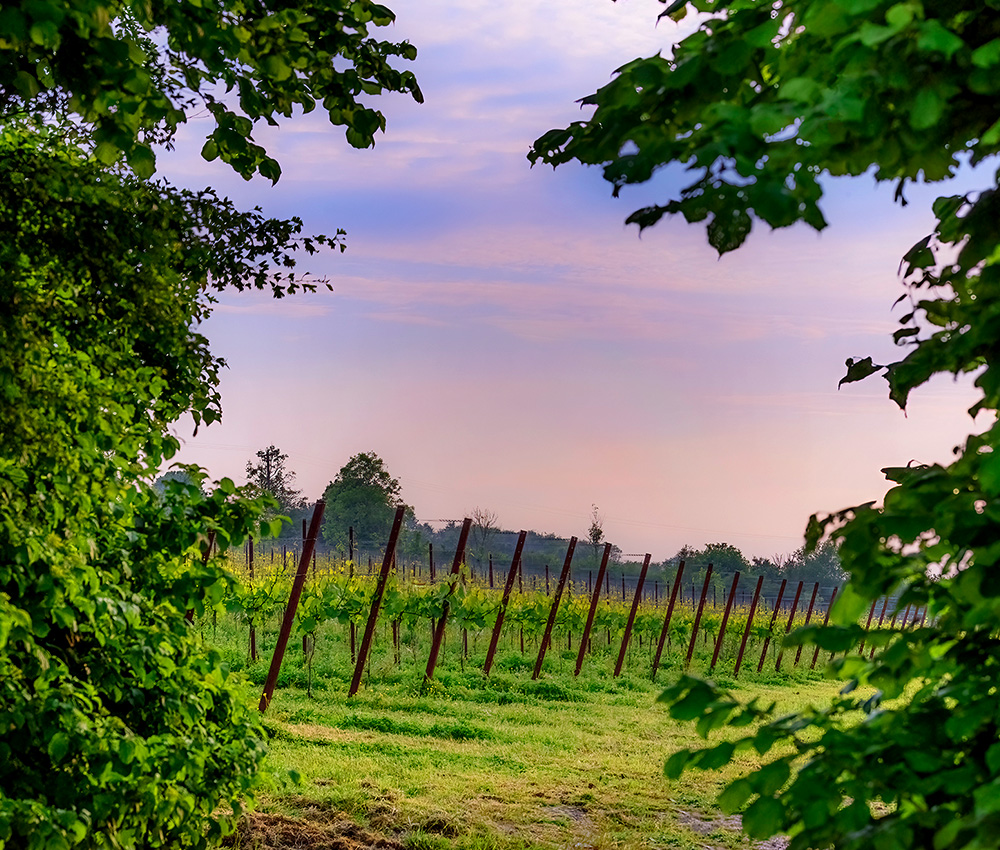

The vineyard at Bellevue comprises 3.5 hectares of Cabernet Sauvignon and Merlot wines, which, depending on the vintage, produce an annual production of around 7000 bottles.
Despite the extraordinary quality of the wines, establishing a market reputation for such a boutique operation would take a lot of work, so an exclusive Members Club, Le Grand Société, was created to support Bellevue in its formative years.
Today, Le Grand Société incorporates Bellevue and Carvers Hill Estate. Club Members can now enjoy English wines alongside those from Bordeaux while following the exciting potential of Carvers Hill Estate in the burgeoning English wine market.
In the Spring of 2021, two blocks of 21,500 vines were planted across six hectares, separated into two sites. Most of the vines were Pinot Noir, with some Pinot Precoce, Pinot Meunier, and Chardonnay planted.
The two sites have very different characteristics. One site, a former wildflower meadow has considerable competition from the many inherent wildflowers that compete for water and nutrients. We never use herbicides on our vines, so the flowers surrounding the vines are abundant. These flowers actually force the vines to work harder and, therefore, produce better-quality grapes.
Our other vineyard is where the cattle and livestock grazed for nearly 40 years prior. This has made the land much more fertile, producing more vigorous growth in the vines.
Today, our focus is firmly on producing the highest-quality fruit, with purity and freshness to the fore. Our vines mature with minimal intervention, and we continue to use sustainable practices, reflecting the terroir in our future harvests
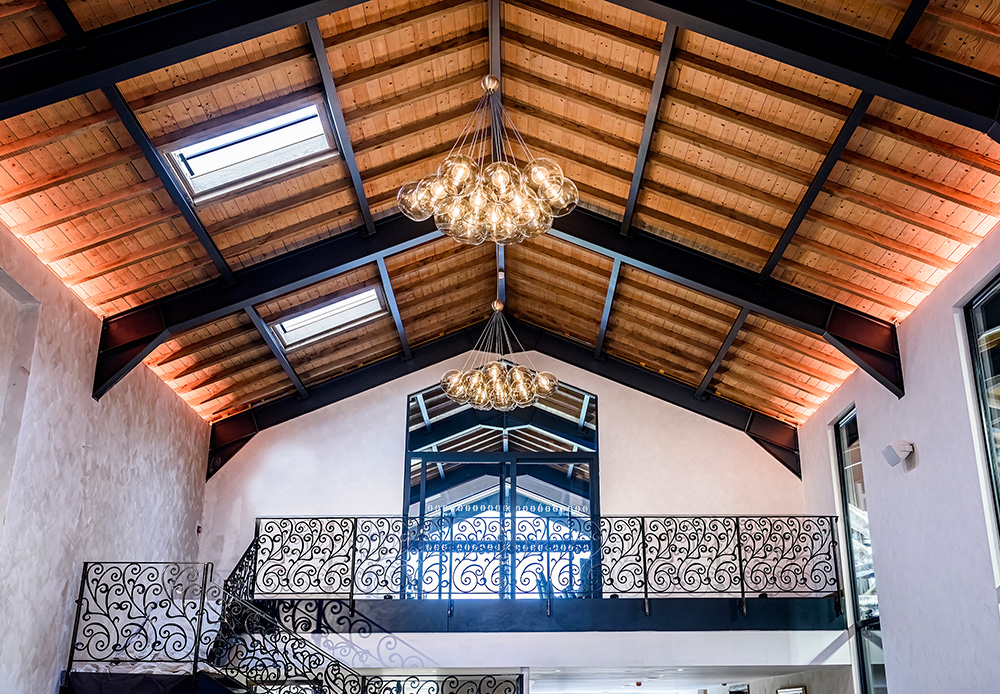
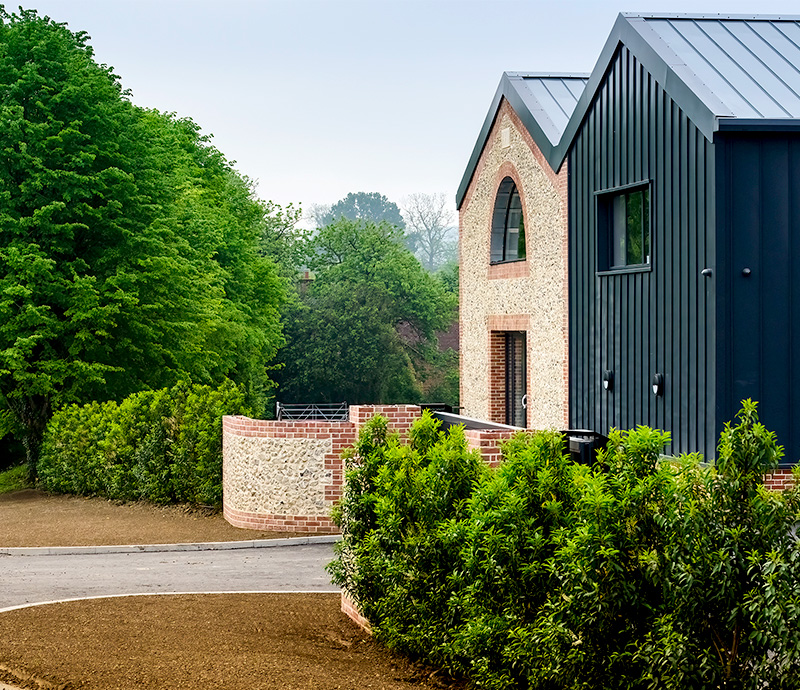
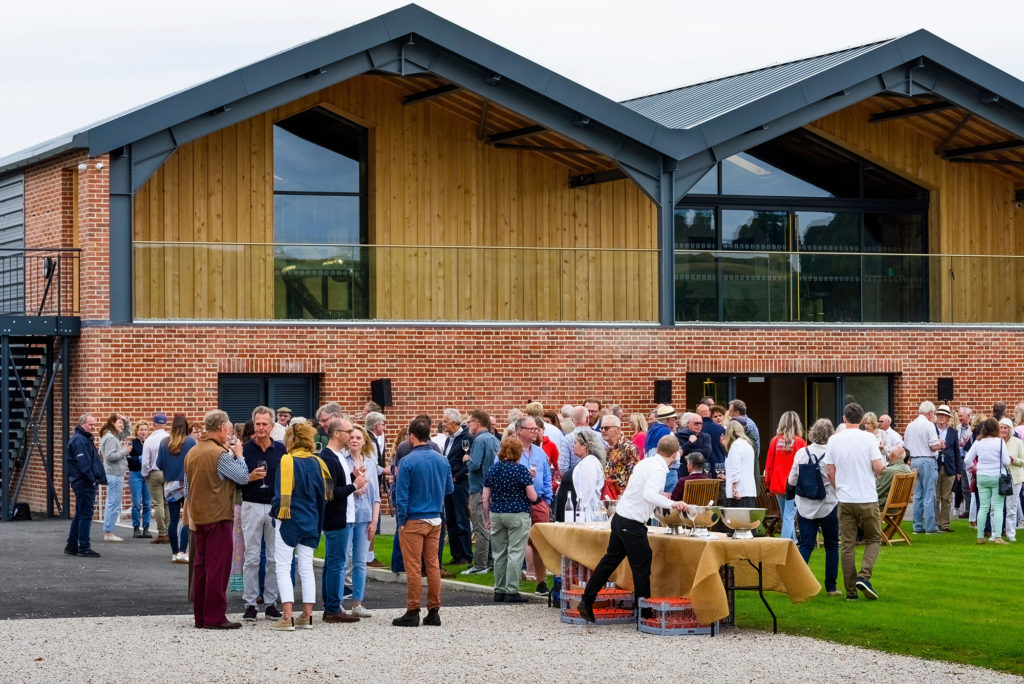
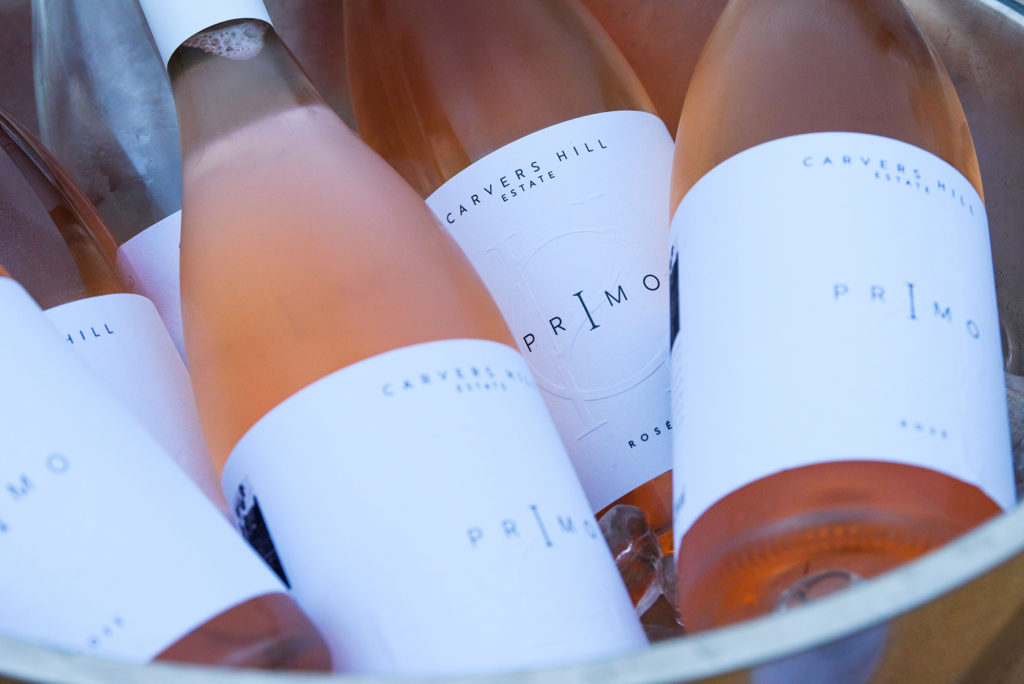
The team’s vision at Carvers Hill Estate was always to establish a reputation for making excellent English still wine, and we brought in expert winemaker Emma Rice to help us with our first release.
The vines didn’t disappoint us, and our first vintage was bottled this year, producing a beautiful parcel of light rosé. The journey from planting the vines to pouring our first ever cuvee, the 2023 Primo Rose, is a testament to our skilled team’s hard work and the land’s quality. It has all been incredibly special, and the wine shows great promise for things to come.